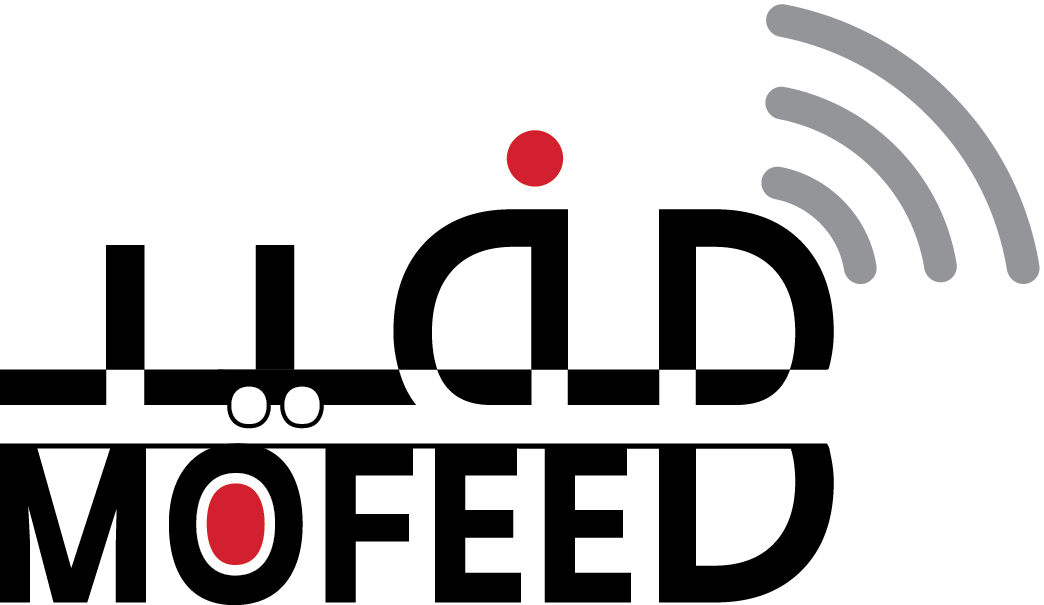Does COVID-19 Pandemic Spur Digital Business Transformation in the MENA Region? Evidence from Firm Level Data
Economic Research Forum This working paper assesses the role of the COVID-19 outbreak in accelerating digital transformation in the Middle East and North Africa region. The analysis relied on micro data collected from 5,480 firms surveyed in Egypt, Jordan, Morocco, and Tunisia. Working Paper
Read More